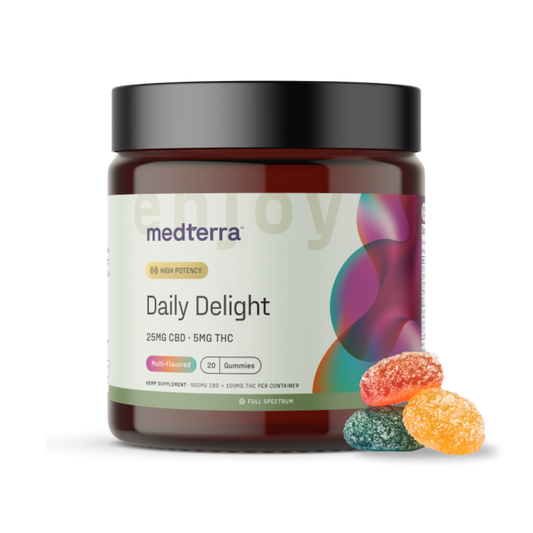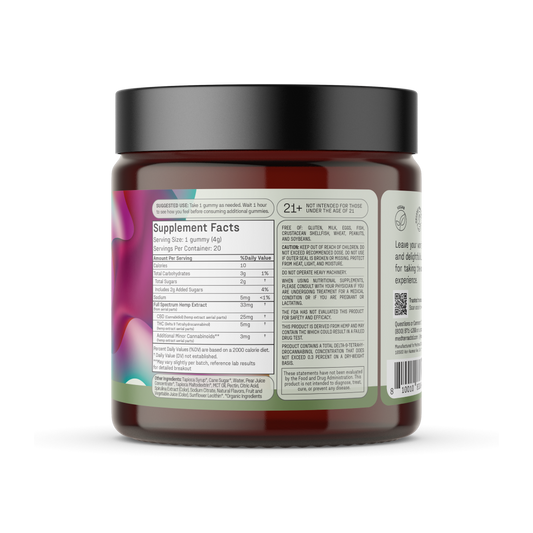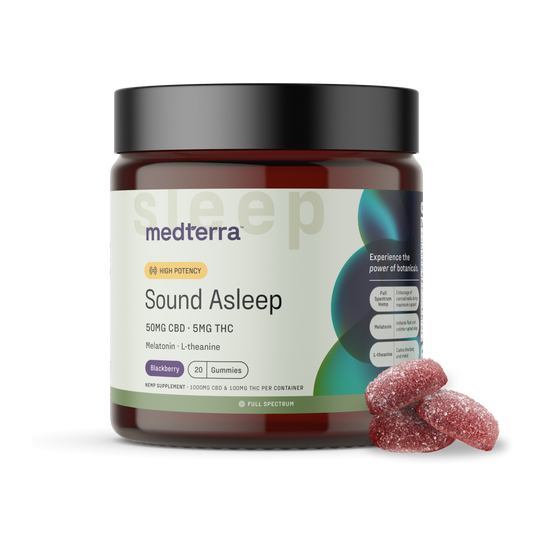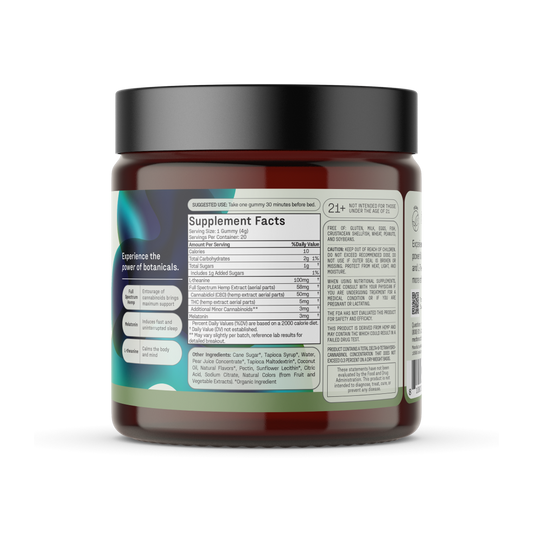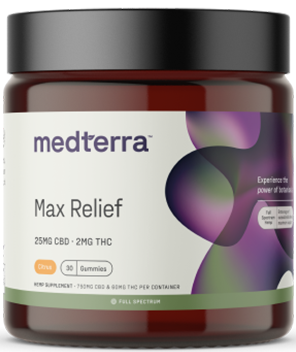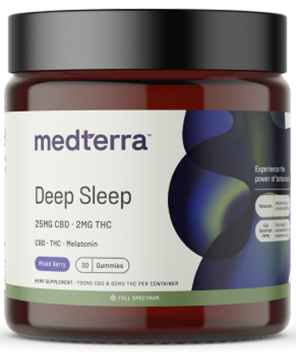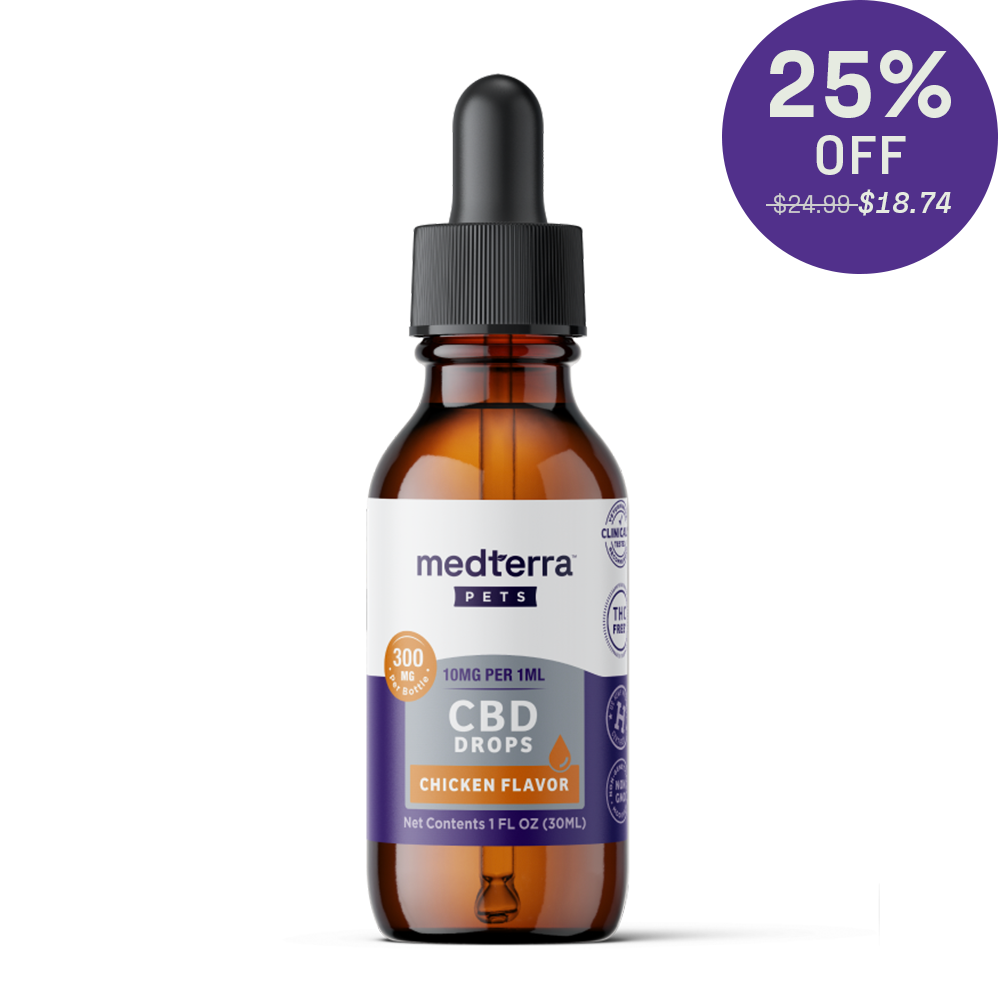CBD Oil
CBD is the abbreviation for Cannabidiol.
Cannabidiol is a natural compound that is found both in industrial hemp and marijuana. Each is better for different things, but both are capable of producing high-quality CBD oil. Unlike Hemp Oil, which is pressed from seeds, CBD Oil is extracted in many different ways - often resembling the same methods of THC extraction. Depending on your desired use of the end product, each method has their benefits and drawbacks. Regardless of the where and how it is extracted, CBD's benefits are widespread and new uses for CBD Oil are constantly being discovered. Hemp OilHemp oil, to many people's surprise, can be derived from the seeds of any type of cannabis plant, whether it's marijuana or industrial hemp. The seeds are pressed similarly to flax or sesame oil. The varieties of cannabis used to grow for seed oil don't naturally have high amounts of THC and CBD.
Despite the low THC and CBD count, hemp oil is still very useful and has many health benefits. Hemp oil can be used to cook with - and it has a crispy and nutty taste that is also commonly used on salad dressings. It is a nutrient dense oil that contains a great balance of 3-6-9 omega fatty acids and boasts a lower cholesterol count. Hemp oil is also a common ingredient in moisturizers, lotions, shampoos and soaps. The industrial applications of hemp seed oil are pretty impressive as well. The oil can replace the petroleum used in plastic, making it more renewable and biodegradable than before. Hemp bio-fuel has been around for over one hundred years, and a former Dell executive even made a hemp car that runs on hemp oil. Despite the lack of highly sought-after CBD and THC, hemp oil clearly deserves a place in the American market.


